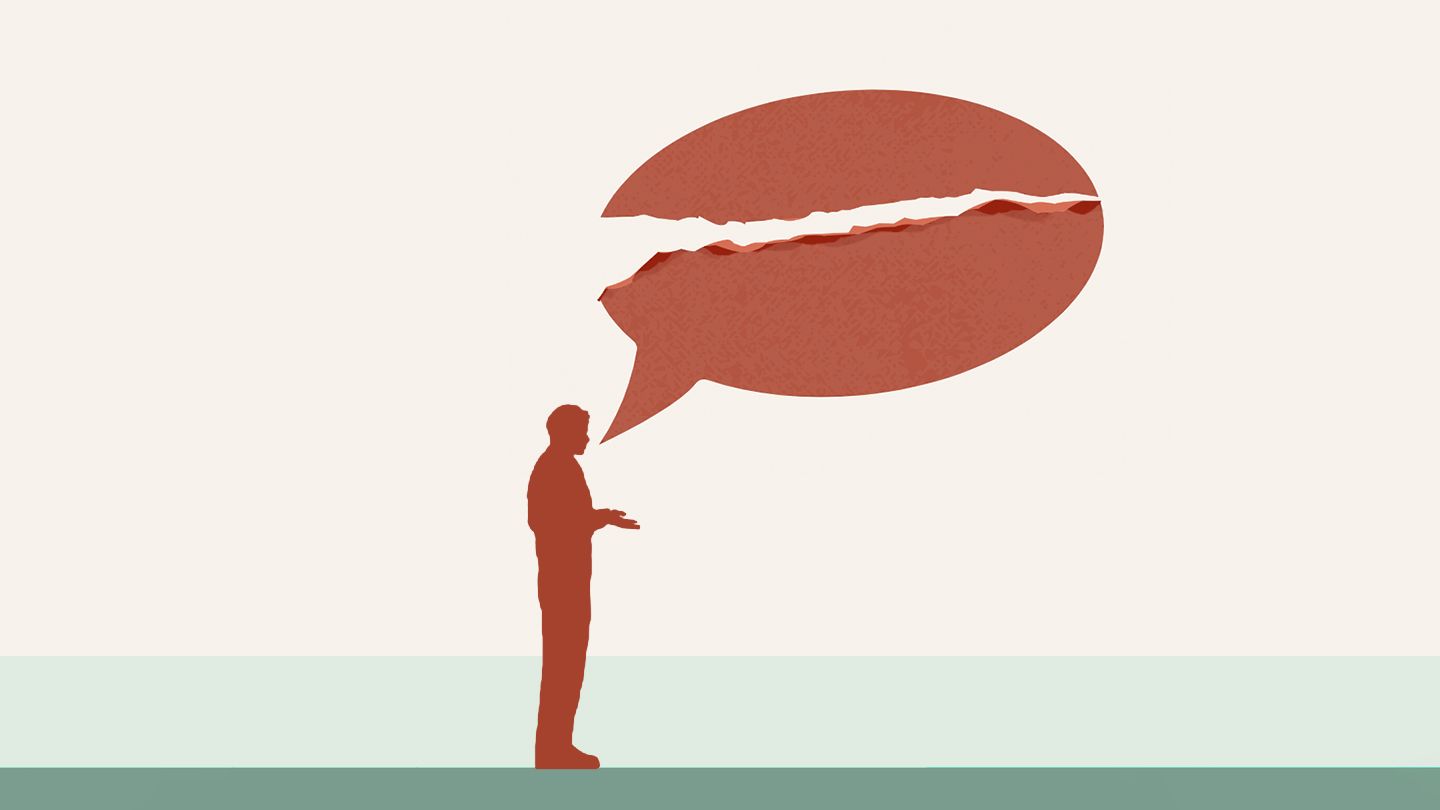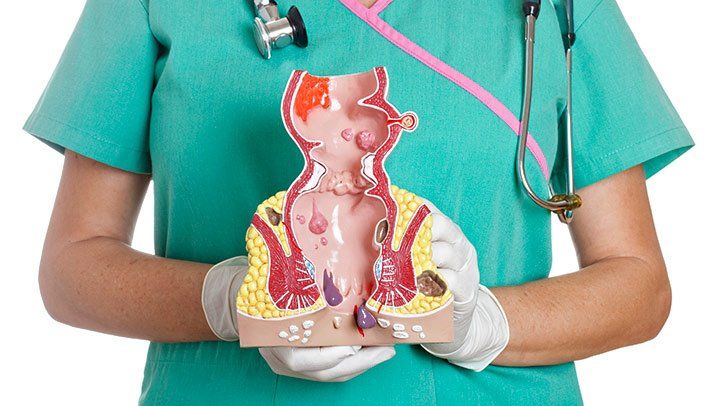Understanding Hemorrhoids During Pregnancy
Hemorrhoids, or swollen veins in the anus and rectum, are a common occurrence during pregnancy, particularly in the third trimester. As the uterus expands and puts pressure on the pelvic veins, it can cause the veins in the rectum to swell and become inflamed. This can lead to symptoms such as pain, itching, bleeding, and discomfort during bowel movements.
Causes of Hemorrhoids in Pregnancy
Several factors contribute to the development of hemorrhoids during pregnancy:
- Increased Pressure: The growing uterus puts pressure on the veins in the rectum, causing them to swell.
- Hormonal Changes: Hormonal changes during pregnancy can cause the veins to relax and become more prone to swelling.
- Constipation: The high levels of progesterone in pregnancy can slow down the digestive system, leading to constipation and straining during bowel movements.
- Increased Blood Volume: Pregnancy causes an increase in blood volume, which can put additional pressure on the veins in the rectum.
The Temptation to Push and Strain
Faced with the discomfort and pain of hemorrhoids, some women may be tempted to strain or push excessively while on the toilet, believing that this might help trigger labor and bring about a faster delivery. However, it's essential to understand that straining or pushing too hard during bowel movements can have serious consequences and may not effectively induce labor.
Potential Risks of Excessive Straining
Pushing or straining too forcefully while trying to poop can lead to several potential risks:
- Worsening Hemorrhoids: Straining can further aggravate existing hemorrhoids, causing increased swelling, pain, and bleeding.
- Rectocele or Cystocele: Excessive pushing can weaken the muscles and tissues that support the rectum and bladder, leading to a bulging of these organs into the vagina.
- Uterine Prolapse: In some cases, excessive straining can cause the uterus to descend and protrude into the vagina.
- Anal Fissures: Straining can lead to the development of painful tears or cracks in the anus, known as anal fissures.
The Reality of Inducing Labor Through Pushing
While it's a common misconception that pushing or straining during bowel movements can help induce labor, there is no scientific evidence to support this claim. Labor is a complex process that involves the coordination of hormones, the softening of the cervix, and the contractions of the uterus. Pushing or straining while trying to poop does not directly impact the physiological mechanisms that initiate labor.
A Better Approach: Coping with Hemorrhoids and Constipation
Instead of resorting to excessive pushing or straining, it's essential to focus on managing hemorrhoids and constipation in a safe and effective manner during pregnancy.
Prevention and Treatment of Hemorrhoids
Several strategies can help prevent and alleviate the symptoms of hemorrhoids during pregnancy:
- Dietary Changes: Increasing fiber intake through fruits, vegetables, and whole grains can help soften stools and prevent constipation.
- Hydration: Drinking plenty of water and staying hydrated can also help soften stools and reduce straining.
- Exercise: Gentle exercise, such as walking or pregnancy-safe yoga, can help improve bowel regularity and reduce the risk of constipation.
- Topical Treatments: Over-the-counter creams, suppositories, and medicated wipes can help relieve pain, itching, and swelling associated with hemorrhoids.
- Sitz Baths: Soaking in warm water can help soothe discomfort and promote healing of hemorrhoids.
Managing Constipation Safely
When it comes to managing constipation, it's crucial to prioritize gentle, safe methods that don't involve excessive straining:
- Increase Fiber Intake: Gradually increasing fiber consumption can help regulate bowel movements and prevent constipation.
- Stay Hydrated: Drinking plenty of water and fluids can help soften stools and make them easier to pass.
- Exercise Regularly: Mild exercise, such as walking or pregnancy-safe yoga, can help stimulate bowel movements and prevent constipation.
- Use Stool Softeners: Over-the-counter stool softeners, when used as directed, can help make bowel movements easier and reduce the need for straining.
- Seek Medical Advice: If constipation persists or becomes severe, it's essential to consult with a healthcare provider for safe and effective solutions.
Understanding the Natural Progression of Labor
Instead of focusing on potentially harmful practices like pushing or straining, it's important to understand that labor is a natural process that unfolds in its own time. While waiting for labor to begin can be frustrating, it's essential to trust in the body's ability to initiate the labor process when the time is right.
Signs and Stages of Labor
There are several signs and stages that indicate the progression of labor:
- Contractions: Regular, increasingly intense contractions that last longer and occur more frequently are a clear sign that labor has begun.
- Cervical Dilation and Effacement: As labor progresses, the cervix softens, thins out (effacement), and gradually dilates to allow the baby to pass through the birth canal.
- Rupture of Membranes: The rupture of the amniotic sac, commonly known as the "water breaking," is another sign that labor is underway.
- Descent of the Baby: As the cervix dilates, the baby's head begins to descend further into the birth canal, applying pressure to the rectum and creating the urge to push.
Trusting the Body's Natural Timing
While the wait for labor to begin can be challenging, it's important to trust in the body's natural timing and avoid practices that could potentially harm the mother or the baby. Instead, focus on taking care of yourself, managing any discomfort safely, and staying in close communication with your healthcare provider. The body will initiate labor when the time is right, and the baby will arrive in their own perfect moment.
Seeking Professional Guidance and Support
Throughout the final weeks of pregnancy, it's crucial to seek professional guidance and support from your healthcare provider. They can provide valuable advice on managing hemorrhoids, constipation, and other common discomforts, as well as offer reassurance and guidance on the natural progression of labor.
Remember, every pregnancy and labor experience is unique, and it's essential to approach this journey with patience, trust, and a focus on the well-being of both the mother and the baby. By understanding the risks and realities of pushing or straining during bowel movements, and embracing safe and effective strategies for managing discomfort, you can navigate the final stages of pregnancy with confidence and clarity.
Conclusion
While the temptation to push or strain excessively during bowel movements may arise from a desire to induce labor, it's crucial to understand that this practice does not effectively trigger the labor process and can lead to severe complications. Instead, focus on managing hemorrhoids and constipation through gentle, safe methods, such as increasing fiber intake, staying hydrated, exercising regularly, and seeking professional guidance when needed.
Labor is a natural process that unfolds in its own time, and it's essential to trust in the body's ability to initiate this journey when the time is right. By understanding the signs and stages of labor, managing discomfort safely, and seeking professional support, you can navigate the final weeks of pregnancy with confidence and clarity, ensuring the well-being of both you and your baby.
FAQs
Can pushing or straining during bowel movements induce labor?
No, there is no scientific evidence to support the belief that pushing or straining excessively during bowel movements can effectively induce labor. Labor is a complex process involving hormones, cervical changes, and uterine contractions, which are not directly affected by straining or pushing while trying to poop.
What are the potential risks of pushing or straining too hard during pregnancy?
Pushing or straining excessively during bowel movements can lead to several risks, including worsening hemorrhoids, the development of rectoceles, cystoceles, uterine prolapse, and anal fissures. It can also cause further discomfort, pain, and bleeding.
How can I manage hemorrhoids and constipation safely during pregnancy?
There are several safe strategies for managing hemorrhoids and constipation during pregnancy, such as increasing fiber intake, staying hydrated, exercising regularly, using over-the-counter topical treatments and stool softeners, and seeking medical advice if symptoms persist or worsen.
When will I know that labor has started?
Signs that labor has started include regular, increasingly intense contractions, cervical dilation and effacement, rupture of the amniotic sac (water breaking), and the descent of the baby's head into the birth canal. It's important to be aware of these signs and communicate closely with your healthcare provider.
Can I do anything to help induce labor naturally and safely?
While there are no guaranteed methods to induce labor safely and naturally, some potential strategies include staying active through gentle exercise, stimulating the nipples to release oxytocin (when approved by your healthcare provider), and engaging in sexual activity. However, it's essential to trust in the body's natural timing and avoid practices that could potentially harm the mother or the baby.
Disclaimer: This article is for informational purposes only and does not constitute medical advice. Always consult with a healthcare professional before starting any new treatment regimen.
Related Coverage
Chafing in the groin area is a common discomfort during pregnancy. Learn what causes it, prevention tips, home treatment options, and when to call the doctor....
Hemorrhoids are very common and can cause anal itching, pain, and bleeding. Learn about causes, symptoms, diagnosis, and medical and at-home treatment options....
If you spot something resembling a kidney bean in the toilet after a bowel movement, it likely signals protruding hemorrhoids. Learn what causes them and treatment options....
Discover the truth that you are more than societal narratives and limitations have led you to believe, and unlock your boundless potential for growth, creativity, and self-actualization....
Learn how mild soap & water can aid hemorrhoid relief alongside creams, wipes & sitz baths. Discover other proven home treatments plus prevention methods....
Abortions often cause constipation after from hormones, dehydration and medications. Tips to relieve and prevent painful post-abortion constipation at home safely....
Don't let others limit you with labels, stereotypes and comparisons. Heal past pain, build confidence, follow passions - you are meant for greatness....
Learn whether hemorrhoids can lead to prostate pain and urinary issues. Understand the indirect links between hemorrhoid swelling and prostate inflammation....
Understand the potential risks and realities of pushing or straining during bowel movements in an attempt to induce labor. Learn safe strategies for managing hemorrhoids and constipation during pregnancy....
Learn the top anal bump causes, from hemorrhoids to warts, and know when to seek medical help. Tips for relief and prevention....




